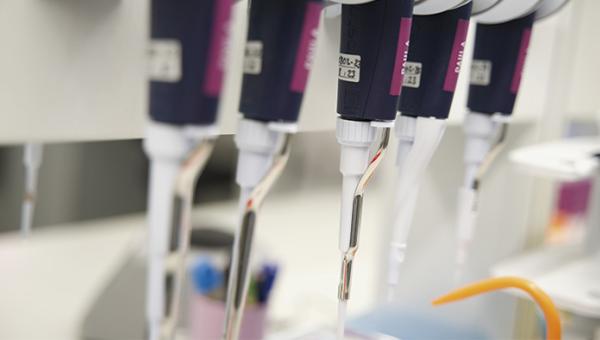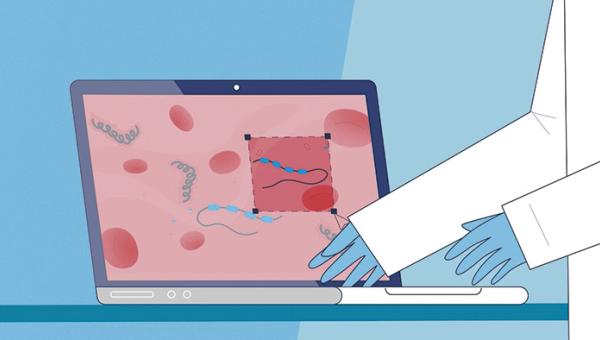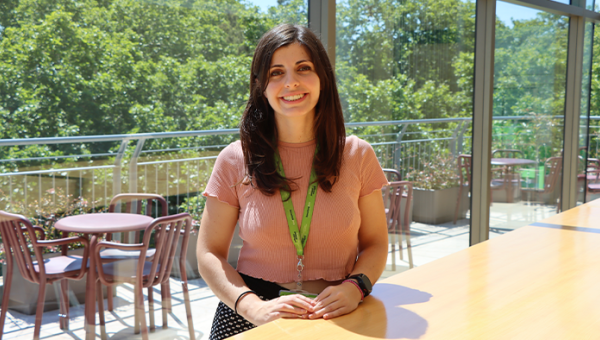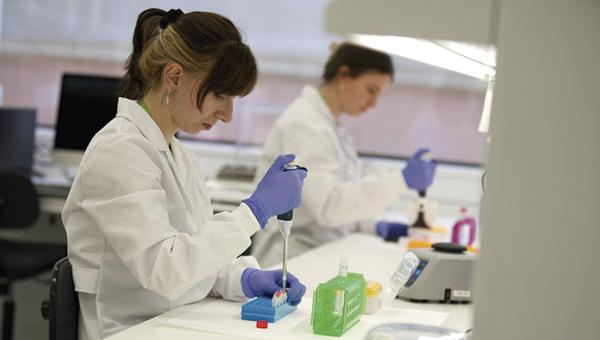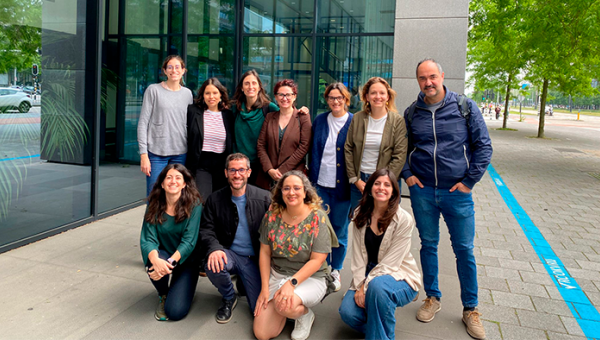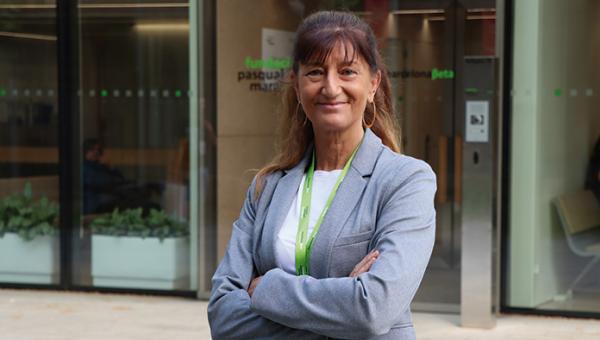Latest news on Alzheimer's
Check out the latest news about Alzheimer's disease research that we carry out at the Barcelonaβeta Brain Research Center (BBRC). Discover the advances in Alzheimer's prevention in which our scientists participate, as well as the news of the Alfa Study, dedicated to the early detection and prevention of the disease.
A new drug approved in the United States to treat the initial stages of Alzheimer's
The FDA has given the green light to donanemab, a monoclonal antibody that attacks amyloid protein plaques.
"We investigate, we move forward": the Pasqual Maragall Foundation and BBRC's Impact Report 2023 is now available
The document details the most salient activity of the two centers in 2023, a year marked by a major paradigm shift in the approach to Alzheimer's disease.
The Alfa study, 10 years making history
The research infrastructure consists of a cohort of nearly 2,700 participants.
Irene Cumplido successfully defends the sixth doctoral thesis developed at the BBRC
Her work develops a biomarker of biological brain aging using artificial intelligence.
First study to define minimum acceptable criteria for Alzheimer's blood biomarker testing
The standards established by a group of international researchers open the door to making the diagnosis of the disease more accessible and accurate.
The Royal Academy of Sciences and Arts of Barcelona appoints Arcadi Navarro as a permanent member
The Director of the Pasqual Maragall Foundation and the BBRC is the first data science expert in biology to join the Academy.
Outstanding participation of the BBRC in the Euro-PAD symposium
Researchers from the center have participated in the conference, dedicated to the latest developments in Alzheimer's research and the future of the European EPAD and AMYPAD projects.
Sílvia Mora, new Director of the Research Management Office of the BBRC
She will be responsible for designing and organizing the activities of the Research Management Office, including the search for competitive funding, applying for grants and projects and, in general, the comprehensive management of research projects with researchers.
The COMMUTE project will study the risk of dementia and neurodegeneration following infection with a coronavirus
Both computational and biological research methods will be used to identify high-risk groups.

